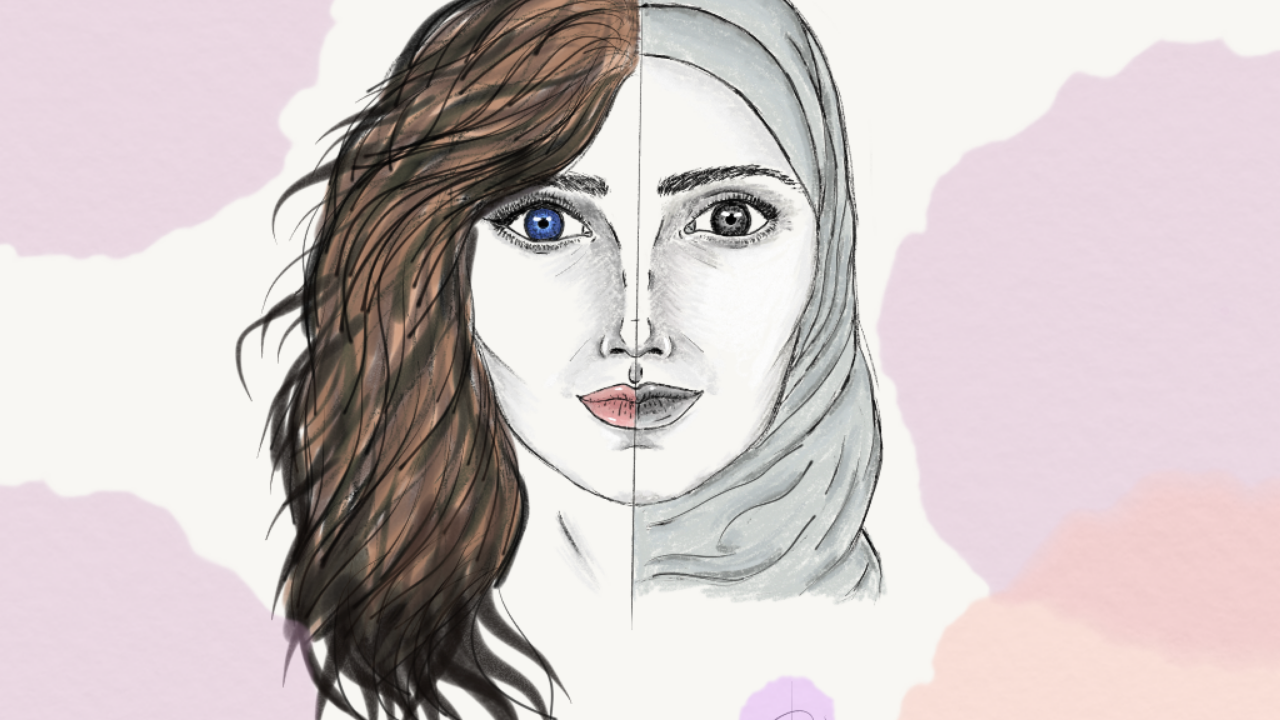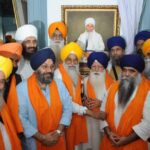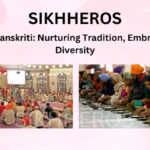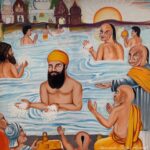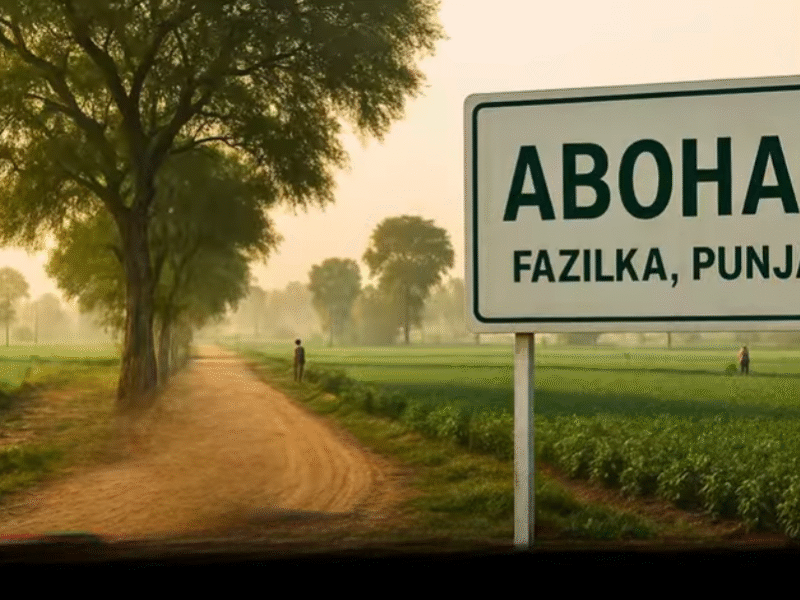As AFRICAN CIVILIZATIONS reached the twentieth century, several causes converged to produce a paradigm shift in many Africans’ understanding of the cosmos. This new perspective on the cosmos has resulted in the complete rejection of established belief systems in some situations and a significant change of them in others. Some African thinkers now argue that traditional reasoning was frequently imprecise; that its physics was moral rather than scientific, that it was divided into good motions and bad motions, good causes, and bad causes; that its classifications were static and based on supposedly unchanging forms and essences; and, finally, that its formulations were useless because they gave people no control over natural forces.
The preceding passage embodies the spirit of the works of the individuals described in this chapter: Hountondji, Wiredu, and Odera Oruka. They would see the current revolution in African thinking as a mirror to Western civilization’s great intellectual revolution in the seventeenth century. According to them, African cultural history, like all others, must be brought into the linear spectrum of time, where it must perpetually reinvent itself. Wiredu posits three faults (which he refers to as complaints) that can stymie cultural regeneration: anachronism, authoritarianism, and supernaturalism. They are anti-change and anti-modernization weapons. Traditions often include all three as shields to protect purity and stability. According to Hountondji and Wiredu, these two cultural norms are opposed to the basic character of the man and his interaction with reality. Their starting point is dialectical theory. Knowledge is dialectically tied to reality and history, both of which are constantly in dialectical flux. Truth is dialectical, ever-changing, and as elusive as it is real. It is, as Wiredu calls it, an opinion. According to Marx’s dialectical philosophy, reality is defined as the reflective and actively redirected existence of humans in a constantly changing and relational universe. Knowledge is the indivisible result of subjective action and external reality as they move through history. Hountondji and Wiredu’s primary objective in appealing to dialectical Marxism is to create a case for the unification of theory and practice in African culture.
In the instinctual method of western scholars, I formerly thought of Tradition and Modernity as separate chapters, each of which considered its subject as a thing to be studied in its essence and unity. But, in an equally recurrent maneuver by western students of Indian culture, I’ve come to realize that these two terms do not exist in and of themselves. They do, however, function dialogically. They interact with one another. Modernity serves as an economic and social instrument to acquire some wealth, flexibility, and creativity for individuals and organizations; Tradition serves as a mythical state that generates a sense of broader connectivity and stability in the face of astonishingly vast social change over time. Tradition is a cultural force with socioeconomic, economic, and political ramifications. They compel us to talk about one while concurrently talking about the other, and they urge us to move as quickly as possible between theoretical abstraction and experiential reality. But their separation is part of the mythological drama in contemporary Indian philosophy, just as their mutual implication is the import of the same sardonic smirk that effectively ends any debate about them here. As a result, we take them in turn, only to observe them conversing with one another through the lives of acquaintances, informants, and fictitious characters.
The topic of what Indian tradition is is very western, and we will eventually transition to the more essential question of what Tradition does. Playing the two problems against one other, on the other hand, maybe the most “Indian” answer to the difference, because the interplay between abstracted systems and daily circumstances is repeated in the culture indefinitely. Even when contemplating those abstract systems, one must choose whether to highlight their institutions or their logical or cognitive components. Putting the second aside for a moment, let us consider Village, Joint Family, and Caste, the last being the point at which the distinction between “Institution” and “cognitive structure” completely collapses.
The author seeks to establish a new definition of tradition based on the traditional definition of tradition as any cultural behavioral pattern or belief that has been passed down from generation to generation. The problem of distinguishing tradition from modernity arises throughout this quest since various previous components are carried forward to the present. The chapter rejects both the view that tradition has an inherent legitimating structure and the assumption that customary practice was “created.” Although “primitive” rites and concepts have great aspects, they should not be accepted wholeheartedly. Individuals in the “contemporary” or present situation should use rational thinking to assess the applicability of what has been given to them before reception and application. The valuation of these activities, ideals and even institutions reflects the community’s position on technological innovation, inherited systems, and moral considerations.
